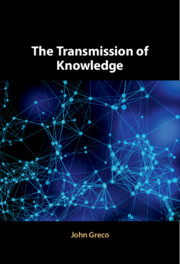In this paper, I respond to Frank Hofmann's reply to my (2022) argument against “evidential minimalism” (EM). According to defenders of EM, there is a close connection between evidence and normative reasons for belief: evidence is either itself, or (under certain “minimal” conditions) gives rise to, a normative reason for belief. In my (2022), I argued against EM by showing that there are cases where: (i) S possesses strong evidence E for the truth of p at time t, (ii) all minimal conditions for the normativity of E are met at t, (iii) S doesn't believe p at t, yet (iv) S isn't criticizable on account of (i)–(iii) at t. I then appealed to a linking claim connecting criticizability with the existence of normative reasons for belief. Hofmann's reply invokes a distinction between two different kinds of epistemic criticism: a strong and a weak form. I will argue that Hofmann's distinction fails to save EM from my argument.
